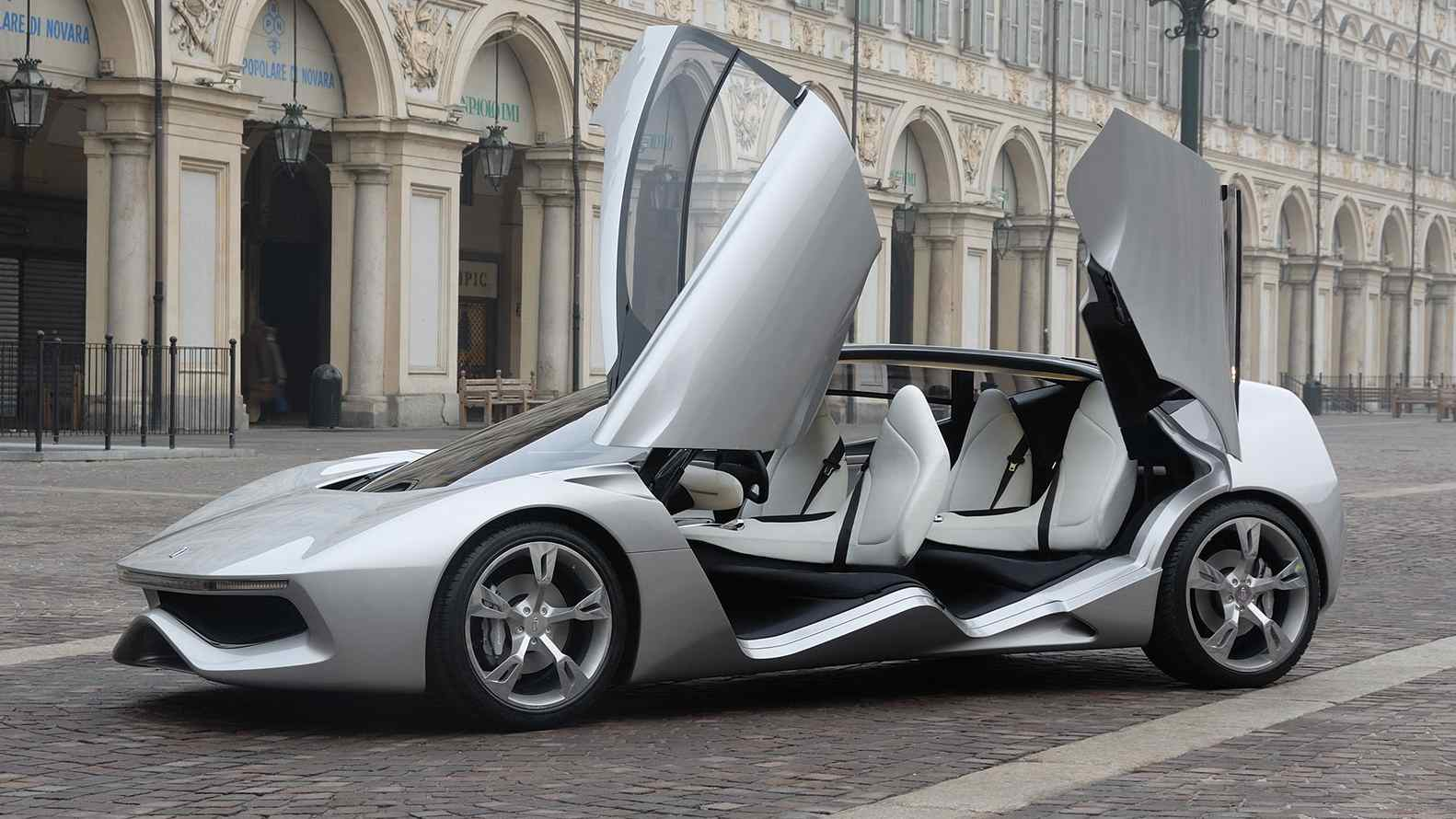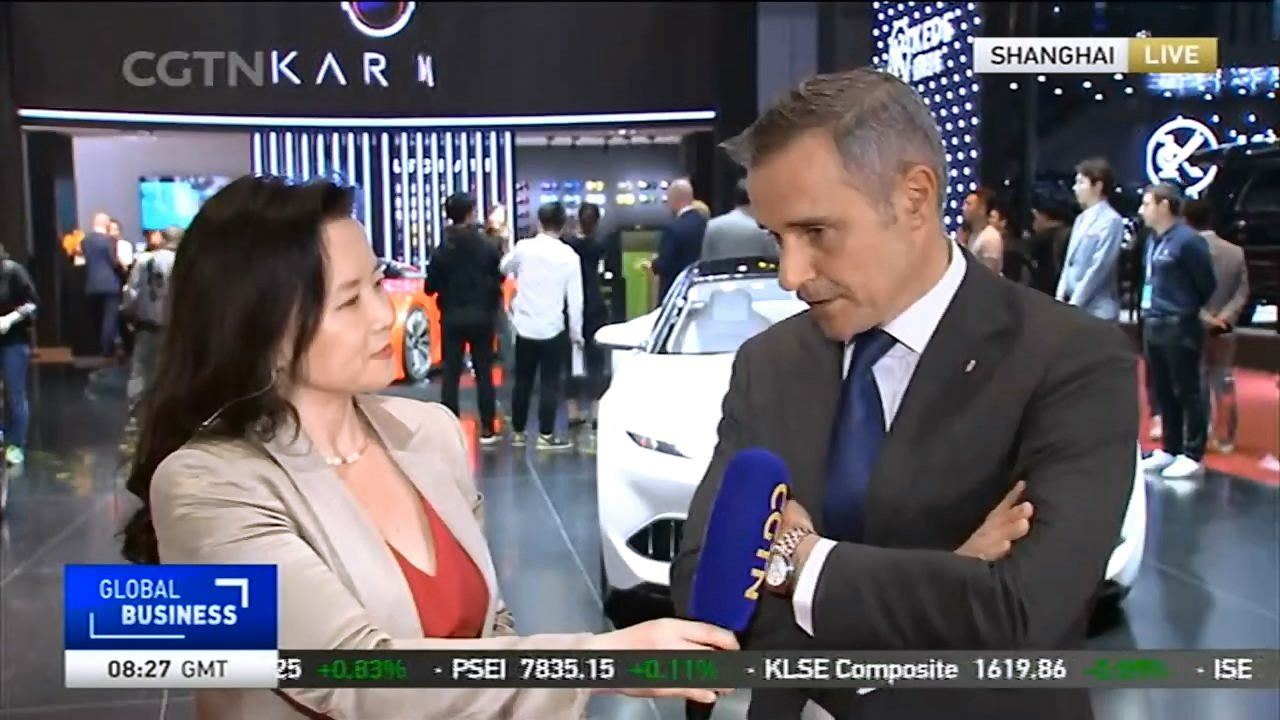
Company
22:36, 17-Apr-2019
Chinese OEMs' first request for design is 'not to copy,' says Pininfarina's Tassi
CGTN Global Business
08:01

Chinese original equipment manufacturers (OEMs) and auto startups pay more attention to automotive design than before, and their first request is "not to copy," according to Simone Tassi, general manager of Pininfarina Shanghai.
"That (which refers to design copy) has been happening in China for many years. But as a design house, we see that this trend is going to go down more and more. We work with OEMs, with new startups. And the request is not to copy," Tassi said.
Pininfarina is a famous Italian design house with almost 90 years of experience in design. And it has had a design presence in China since 2010. According to Tassi's observation, Chinese OEMs and new startups are becoming more and more "style demanding."
"Chinese OEMs and new startups are becoming more and more style demanding, and quality of costs, quality of production. Talking about styling, they are really looking for innovation. And this innovation is driven by new technology – the new technology with us helps new innovation of styling," he said.
At this year's Shanghai Auto Show, the electric vehicle is making the headline all the time. The popularity of electric vehicle asks the automotive design to be combined with new technology, based on Tassi.
"And we see much more connectivity between car and the human being. Pininfarina is here to find out the way to design something to be timeless, beautiful together with technology," he added.

CGTN interview with General Manager of Pininfarina Shanghai Simone Tassi. /CGTN Photo
CGTN interview with General Manager of Pininfarina Shanghai Simone Tassi. /CGTN Photo
The design house sees growth in China
Pininfarina's business in China has tripled over the past two years, and Tassi expected the momentum to continue "definitely," despite that China's auto sector experienced a weak 2018. And Tassi revealed that the Chinese office would double this year with a multicultural team of 80 designers here.
Meanwhile, Tassi is thinking more about the changes in China's auto market.
"After 20 years of growth, it can be one year [of slowdown]. The market is not in the crisis, it's changing. That is good. OEMs are changing their investments into a new prospect. We expect to have an interesting growth this year in automotive. We are very positive," he said.

SITEMAP
Copyright © 2018 CGTN. Beijing ICP prepared NO.16065310-3
Copyright © 2018 CGTN. Beijing ICP prepared NO.16065310-3